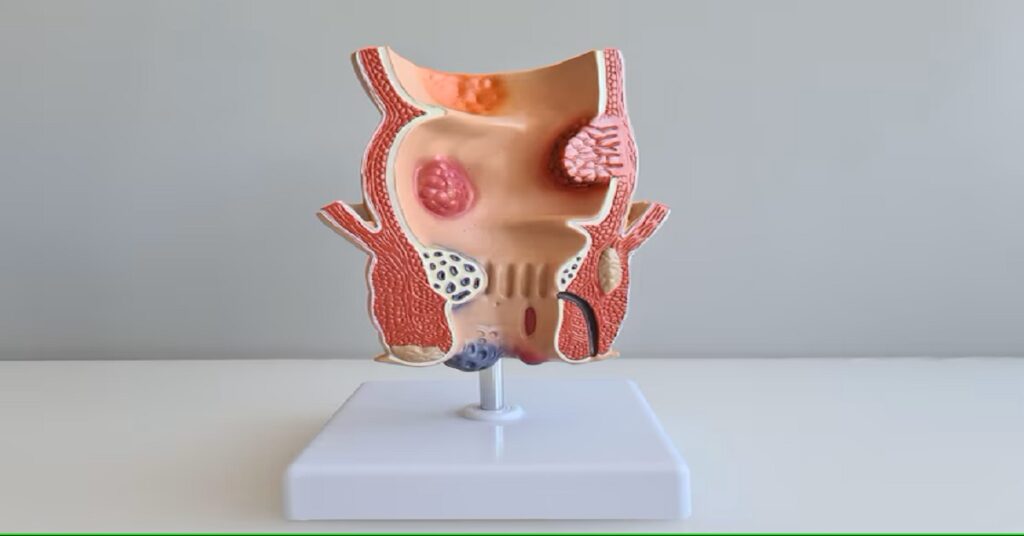Piles, also known as hemorrhoids, are a common medical condition affecting millions of people worldwide. These swollen blood vessels in the rectal area can cause discomfort, pain, and bleeding. Understanding piles’ types and treatment options is crucial for effective management. If you’re looking for a piles doctor in Indore, this guide will help you navigate your options.
Types of Piles
1. Internal Piles: Internal piles occur inside the rectum and are usually not visible from the outside. They may cause painless bleeding during bowel movements, which can be alarming but is often not serious. In some cases, internal piles can prolapse, meaning they protrude through the anus and can be felt or seen.
2. External Piles: External piles develop under the skin around the anus. They can be painful, especially if a blood clot forms inside them (thrombosed piles). Symptoms may include itching, swelling, and discomfort during bowel movements.
3. Thrombosed Piles: Thrombosed piles are a type of external pile that has formed a clot. This condition is often very painful and may require medical intervention. If you experience severe pain or significant swelling, it’s essential to consult a piles doctor in Indore for an accurate diagnosis and treatment.
Treatment Options for Piles
1. Lifestyle Changes: For mild cases, lifestyle modifications can significantly alleviate symptoms. Increasing fiber intake, staying hydrated, and exercising regularly can help prevent constipation and reduce strain during bowel movements.
2. Medications: Over the counter creams, ointments, and suppositories can provide temporary relief from pain and itching. Consult your piles doctor for recommendations tailored to your specific needs.
3. Surgical Options: In cases where conservative treatments fail, surgical procedures such as rubber band ligation or hemorrhoidectomy may be necessary. These procedures are typically safe and effective, allowing for quick recovery.
If you suspect you have piles, don’t hesitate to seek professional help. A qualified doctor can offer a comprehensive assessment and guide you through the best treatment options. Early intervention is key to managing this common condition effectively.

